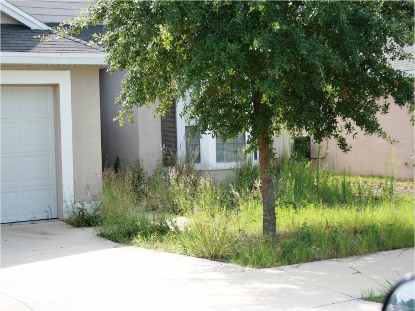The pros and cons of allowing rentals in your homeowners association.
A homeowners association (HOA) has the right to institute rules allowing or restricting the ability of its owners to rent or lease their units. Language regarding such a policy can be found in your HOA’s bylaws. Although it can be difficult to change your HOA’s rules, whether or not you should will likely cause a hot debate—with valid points made for both cases.
Why your HOA should allow rentals
Allowing units in your community to be rented or leased can be a much better alternative to a quick sale, short sale or foreclosure situation. Such a policy can provide homeowners facing hardship, such as a job loss, sudden move or military deployment, with flexibility.
Without the ability to rent their units, owners in these situations could be forced to quickly sell their unit or end up trying to sell as a short sale. Neither of these choices is optimal and could result in low-priced sales, which may hurt the value of other units in the community.
And a unit that goes into foreclosure could sit vacant for months—or years—which means no monthly dues are being collected (or will likely ever be collected), and lack of maintenance on the unit could drive repair costs up and resale values down.
Why your HOA should restrict rentals
Your HOA can choose to disallow rentals altogether or limit the number of units that can be rented at any one time. In either case, your HOA may want to restrict rentals for a number of reasons.
Renters can result in frequent move-ins and move-outs, which can disrupt homeowners. Renters also are not as invested in the property as homeowners, so may violate community rules or not maintain their units. And it can be harder to establish a sense of community as renters usually do not stay as long as homeowners.
Other reasons to restrict rentals include a lack of eligible or interested volunteers to participate on the board or in committees, possible higher costs for liability and casualty insurance and increased difficulty for future homeowners to obtain funding from lenders (or for current homeowners to refinance or take out a line of equity).
Whether or not your HOA chooses to allow rentals, the final decision needs to be deemed reasonable, or it will be hard to enforce if it is ever challenged. If your association is considering changing your bylaws or CC&Rs regarding such a policy, consider talking with an attorney familiar with HOAs.
Related Articles
- Should You Hire An HOA Management Firm?
- How To Collect Delinquent HOA Dues And Fees
- Should Your HOA Invest Its Reserves?
- 6 Steps To Create An HOA Board Resolution
- HOA & Homeowner Association FAQ
- How to Start a Neighborhood Association
- HOA Website Can Save Money And Increase Communication
- How Neighborhood Assoc Websites Can Increase Participation
- A Condo Association Website Can Facilitate Communication
- Neighborhood Watch-How to Start One!
- Utilizing a Neighborhood Watch Website
- An Effective Meeting Agenda
- Funding a Reserve Study
- HOA Maintenance - Who Has Responsibility for What?
- Budget Preparation Tips
- Directory of Association Articles
 Print
Print Email
Email








